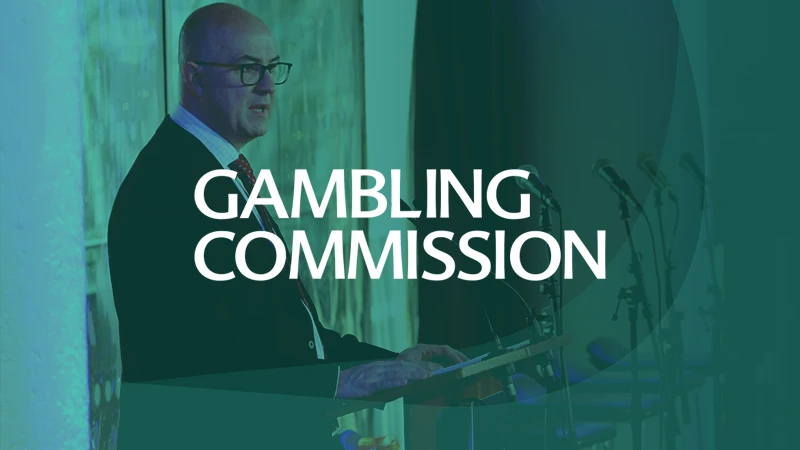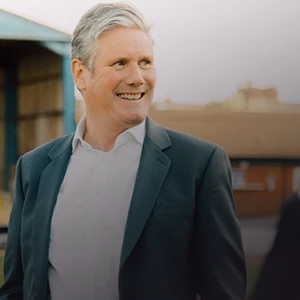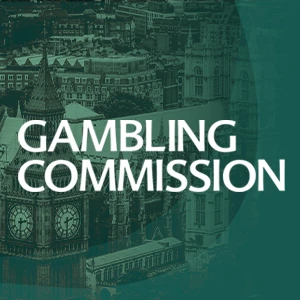Striking a balance: the UKGC’s tricky tightrope act

With the Chief Executive of the UKGC, Andrew Rhodes, recently admitting that the world of gambling regulations had become increasingly “polarised”, it’s worth examining the delicate balancing act which regulators are required to maintain.
The UKGC, industry organisations and other stakeholders are in the midst of the second round of consultations regarding the ongoing UK Gambling White Paper legislative overhaul – discussions which appear to have created a degree of ambiguity and turbulence among stakeholders in the British gambling industry.
UKGC obligations
The Gambling Commission is responsible for impartially regulating the industry as a whole, but its main concerns are with the licensing and regulation of casino operators.
It also monitors industry trends, provides advice and resources to the relevant businesses, and determines much of the UK’s gambling legislation.
The UKGC has an obligation to gamblers, and a responsibility to protect those at risk of harmful gambling behaviours, particularly younger people and the more vulnerable.
The Commission undoubtedly has a fine line to walk when it comes to fulfilling its obligations whilst also recognising the fact that gambling is an industry with immense commercial and economic importance to Britain.
To create and enforce rules with the interests of vulnerable individuals in mind, whilst also appeasing operators and their shareholders, is certainly an unenviable task.
Latest challenges
The UK is currently undergoing vast alterations to its gambling regulations, in the largest review since 2005. These shifts present new challenges without precedent.
Recently, it has been observed by the Gambling Commission that certain second and third-tier operators are experiencing rapid growth, “faster than the underpinning compliance infrastructure” can accommodate, suggesting regulations are being broken.
It is the Commission’s stance that operators must responsibly expand and develop their compliance measures in line with the overall business growth.
Additional friction has arisen recently as a result of incidents in which various parties have misconstrued statistics in order to strengthen their position in consultations.
The Commission issued a statement condemning this misrepresentation of data in August, and Rhodes recently defended their position once again.
“[the Commission has] challenged people where they have misrepresented statistics, and we have sought to bring some balance and evidence to the arguments.”
The operators’ perspective
There are two sides to every story, and, as part of the ongoing discussions, operators have had opportunities to make their voices heard in reaction to the UKGC’s latest moves and proposed alterations to legislation.
It’s important to remember that operators are businesses with needs. Casino operators have massive development and marketing outgoings, as well as ambitious financial targets to hit, development goals to meet, and shareholders to satisfy.
The operators too must maintain a difficult balance between sustainable growth and social responsibility. They must remain profitable in a highly competitive industry while adhering to the Commission’s increasingly strict compliance rules.
On top of this, to retain a competitive edge, operators must try to anticipate the Commission’s movements, staying ahead of legislative changes, demonstrating that they are perceptive, reactive and dynamic.
Looking ahead
According to Rhodes, “the debate around gambling has not become an easier one”, but the future appears brighter, with the regulator moving confidently towards a policy of openness and transparency.
In his address, Rhodes doesn’t shy away from the evident friction, nor from that the road ahead may be a bumpy one. Regarding the White Paper, he commented that this is an opportunity for everyone to pull in the same direction.
“It’s a call to arms for the industry to rally together and navigate the changing legislative landscape with openness and integrity.”
The Gambling Commission has its work cut out for it, but moving towards transparency, collaboration, and open communications between operators and regulators appears to be a promising approach.
Rhodes’ sign off also referenced the importance of communication.
“if we can all commit to working together, it will lead to better regulation, better outcomes and safer, fairer, and crime-free gambling across Great Britain.”





